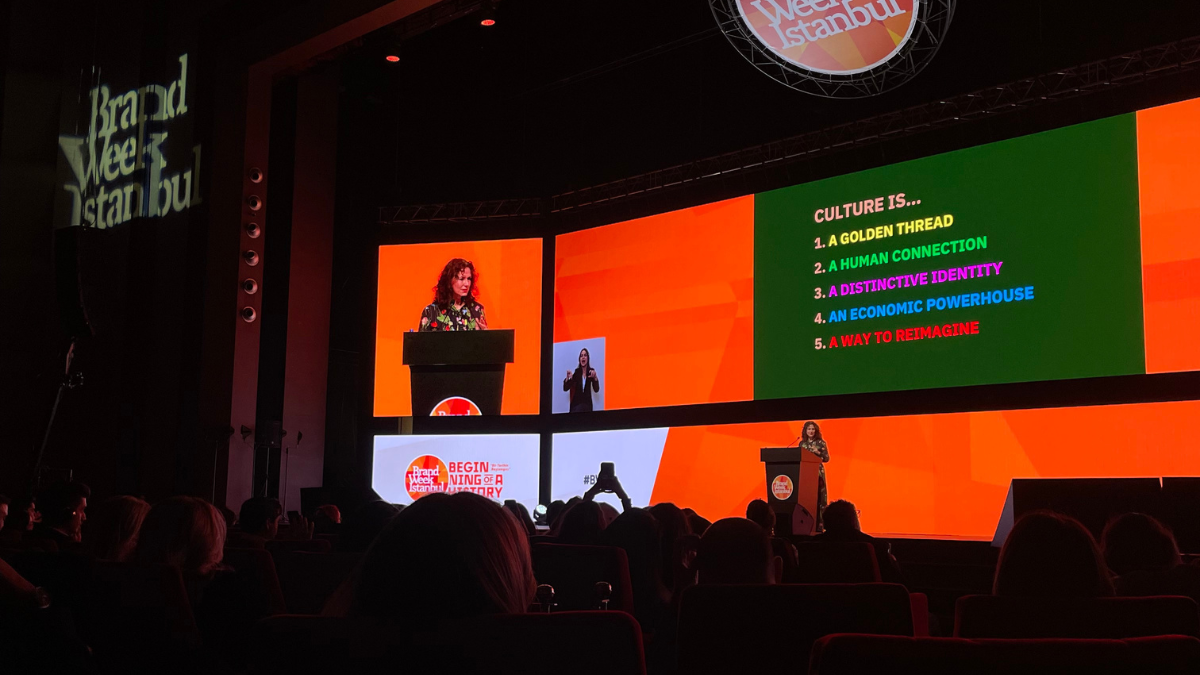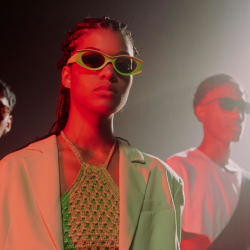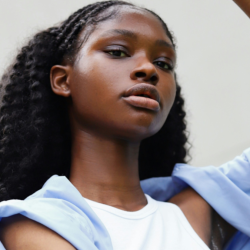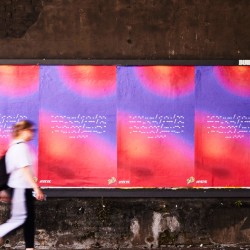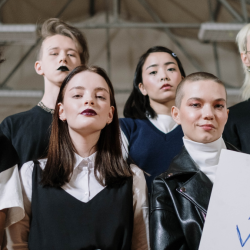It’s hardly breaking news that Gen Z is having less sex than previous generations at their age (see the fear-mongering headlines about a ‘Sex Recession’ throughout the 2010s). Contrary to what shows like Euphoria (2019- ) and Sex Education (2019-2023) might lead us to believe, a 2021 survey from the Kinsey Institute and Lovehoney revealed that one in four Gen Zers has never engaged in partnered sex.
Various factors have been blamed for this phenomenon — from 24/7 access to free online porn and hours spent doom-scrolling TikTok, to an inability to communicate in real life. The Covid-19 pandemic, with its months of lockdowns, only exacerbated this trend. This year, however, we can rejoice at the end of the sexual recession as Gen Z women are getting a little hot under the collar. From literature to music and social media, content creators are reclaiming desire and reframing sex through a fresh, female-centric perspective, signalling the conclusion of this generational dry spell.
This year, bookseller HarperCollins reported a surge in demand for ‘spicy new adult books.’ Last year, ‘romantasy’ — a portmanteau of romance and fantasy — emerged as the literary world’s hottest genre. Sarah J. Maas’s A Court of Thorns and Roses series, described as a blend of The Lord of the Rings meets Fifty Shades of Grey, found substantial commercial success among Gen Z, with 37 million copies sold worldwide. Romantasy, with nearly 89 million views on TikTok, has become a marketing juggernaut and cultural touchstone. Gen Z creates countless hours of content to help others find the novel with the most ‘spicy’ content. The genre isn’t without issues — often featuring toxic, brooding, and overprotective male love interests, along with some pretty disappointing gender stereotypes.
Despite these problems, Romantasy’s popularity among Gen Z women and girls is undeniable. It offers an escape from modern life and a stigma-free channel to explore sexual agency and empowerment. Beyond what has been affectionately dubbed ‘fairy porn’, we’ve witnessed a surge of young female singers placing sex and sexuality at the forefront of their music. Sabrina Carpenter‘s coy and unapologetically sex-positive lyrics include ‘manifesting that you’re oversized’ and ‘Come right on me, I mean camaraderie.’ Her on-the-nose innuendos resonate with Gen Z, thanks to their humour, self-awareness, and stark contrast to the comparatively sexless Taylor Swift.
Then there’s Chappell Roan, whose anthem Pink Pony Club celebrates dancing in the club and captures the joy of the queer experience. In her song Casual, she sings, ‘If it’s casual now, then, baby, get me off again.’ The 26-year-old told Vulture, ‘My songs are so overtly sexual on purpose, because it’s an expression of me that I wasn’t able to express growing up in a Christian household, in a Christian town that was very conservative.’
Roan and Carpenter’s fresh, smart and unapologetic take on sex and sexuality stands in stark contrast to previous generations of female singers, whose sexuality felt commoditised rather than an expression of their sexual agency. Proof in point: Katy Perry’s regressive and hugely unsuccessful new album and insanely cringe-simulated scissoring at the VMA music awards; which was slammed by Gen Z as queer baiting.
We’re also witnessing a cultural shift in attitudes toward sexual agency and representation in relationships
On TikTok, influencers Levi Coralynn and her boyfriend William Conrad — dubbed a Gen Z power couple — have helped coin the term ‘provider woman’, by unintentionally subverting patriarchal norms around household labour division. Coralynn, who became famous through OnlyFans, has shifted her content since getting into a relationship. Their content now features videos of William cooking extravagant meals for her, braiding her hair, and even hemming her skirts. They have amassed over four million followers, many of whom are Gen Z — with their female-fantasy coded representation of life via William’s soft masculinity, and Coralynn’s natural and unabashed sexuality. According to new research from eHarmony that came out this year, Gen Z are having more sex than ever before, with 20 per cent having sex daily and 36% having more sex now than they were a year ago.
Gen Z women are more comfortable owning their sexual autonomy and challenging traditional notions of intimacy, sexuality and expression. This shift in Gen Z’s attitudes towards sex and relationships represents a significant cultural change. It signals a move towards greater sexual empowerment, particularly for young women, and a re-delineation of traditional gender roles and expectations.
So, what does this mean for brands?
- To connect with Gen Z, brands must genuinely embrace these new values, championing sexual positivity, inclusivity, and empowerment without resorting to exploitation or tokenism
- Tread carefully, honouring Gen Z’s craving for authentic representation and their dismissal of outdated stereotypes
- Remember that for Gen Z, the choice to abstain from sex is just as valid as embracing sexual positivity
- While Gen Z are open and comfortable discussing sex, brands should avoid joining these conversations unless they can offer something genuinely relevant, insightful, or valuable
The brands that will thrive are those creating products, services, and marketing campaigns that mirror Gen Z’s more open, fluid, and empowered stance on sexuality and relationships — all while remaining sensitive to the diverse experiences within this generation.
Featured image: Chappell Roan – Casual / Amusement Records, Island Records




















